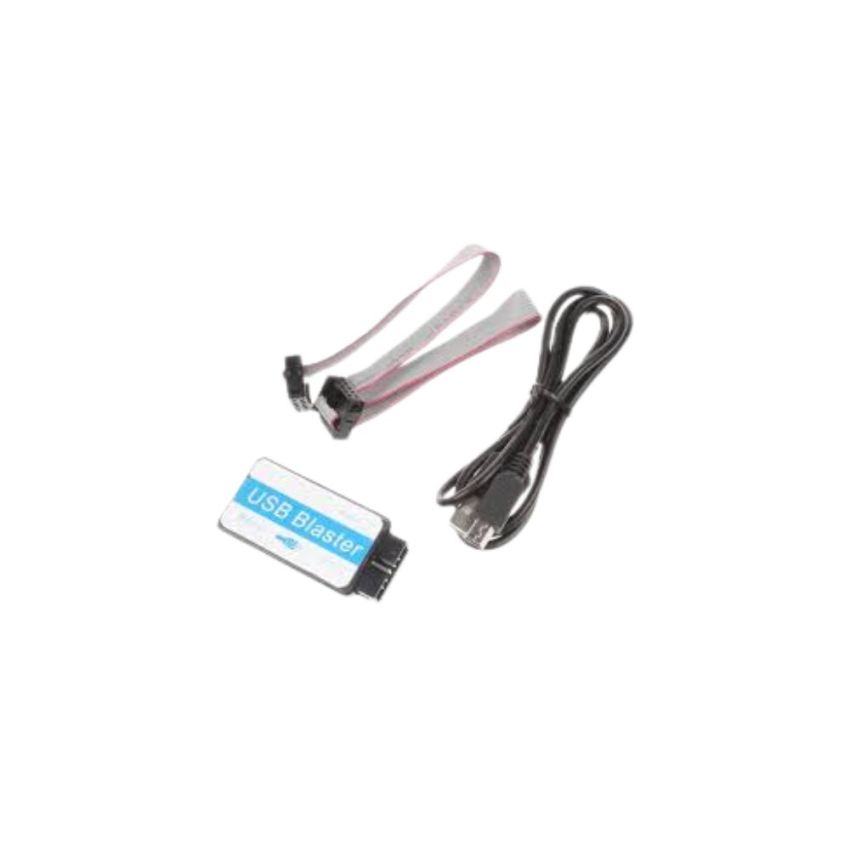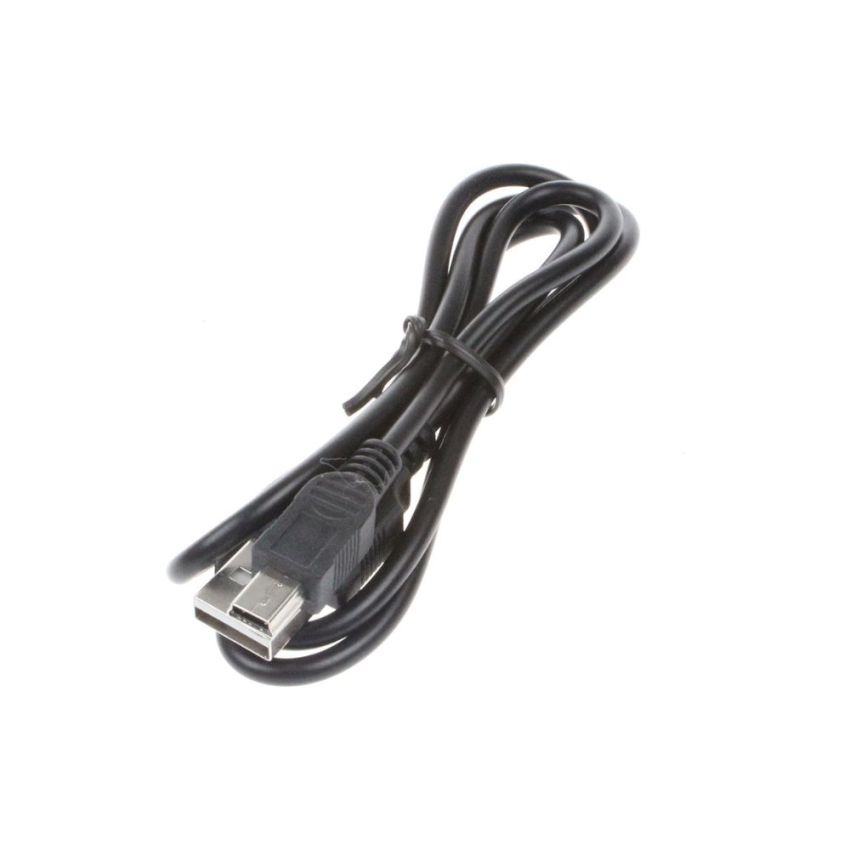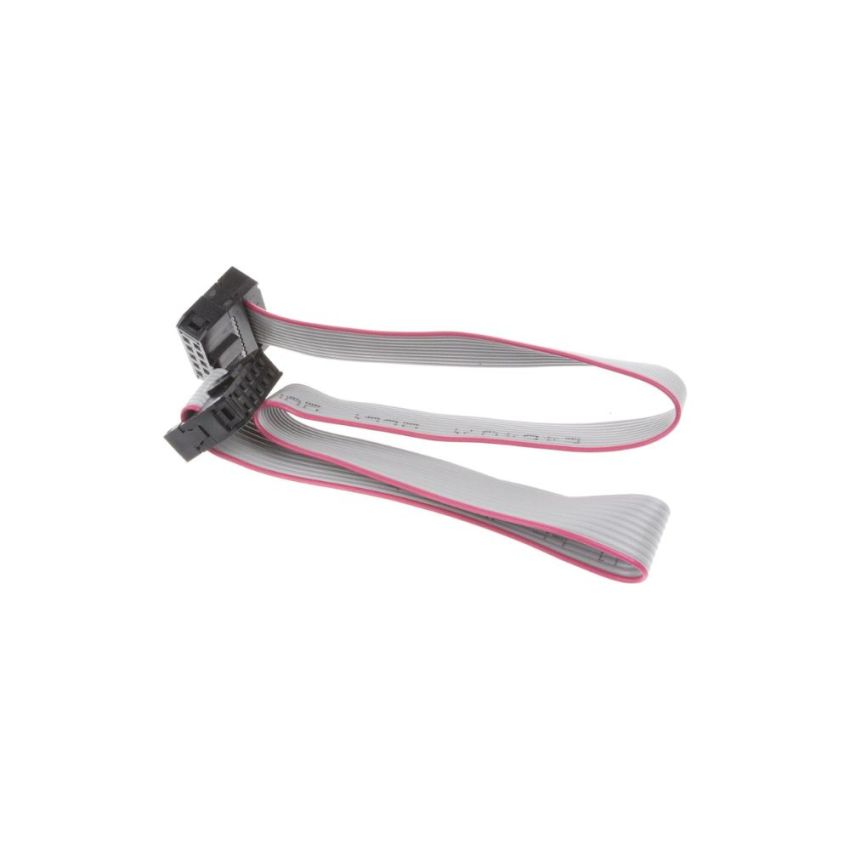UG-USB81204 ,USB Blaster Cable Programming Kit
SKU
DEEA0023
Part Number
UG-USB81204
Brand:
AED 45.00
short Description
In stock
Only 4 left


Guarantee safe & secure checkout








